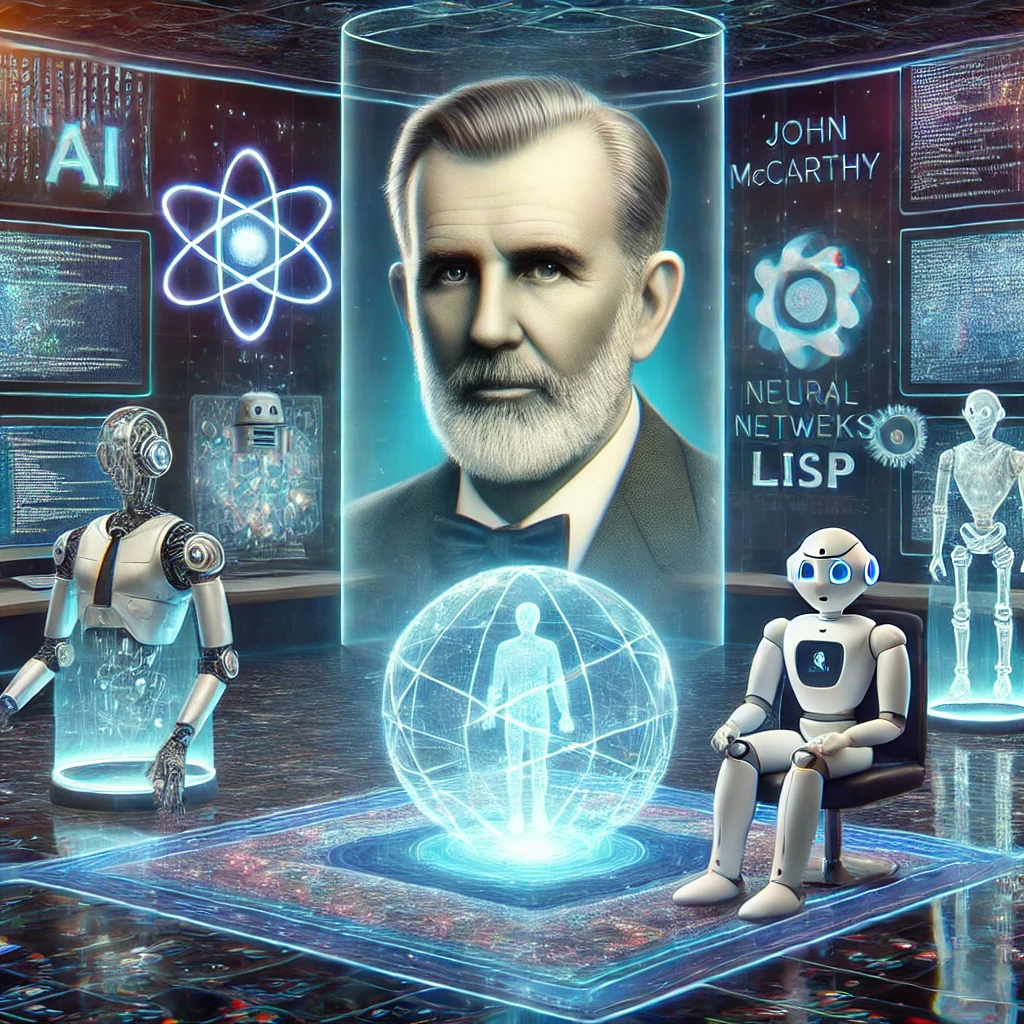Digital marketing continuously evolves as an online business growth system. Each level of digital marketing understanding benefits from the syllabus’s curriculum for this profession. With a properly structured syllabus you will learn different techniques that enable success in digital marketing field.
Introduction to Digital Marketing
Digital marketing fundamental concepts like its business significance and modern-day relevance start the course introduction.
Topics Covered:
- What is Digital Marketing?
- Difference Between Traditional and Digital Marketing
- Benefits of Digital Marketing
- Current Trends in Digital Marketing
- Career Opportunities in Digital Marketing
- Digital Marketing Funnel and Customer Journey
- Organizations must first learn to identify both their target audience together with their intended customer type.
Search Engine Optimization (SEO)
A business needs SEO as its core digital marketing component since it dictates search engine rankings.
Topics Covered:
- Basics of SEO and How Search Engines Work
- On-Page SEO: Meta Tags, Keywords, Content Optimization
- The two components of off-page SEO include link building and guest blogging along with social signals.
- Technical SEO: Site Speed, Mobile Optimization, Schema Markup
- SEO Tools: Google Search Console, Ahrefs, SEMrush
- An advanced SEO approach integrates three specific techniques: Voice Search, AI in SEO and Semantic Search.
Pay-Per-Click (PPC) Advertising
Businesses can reach their designated audience immediately through the paid marketing model known as PPC.
Topics Covered:
- Introduction to PPC and How It Works
- Google Ads and Bing Ads Basics
- Keyword Research for PPC
- Ad Copywriting and A/B Testing
- Budgeting and Bidding Strategies
- Every PPC marketing campaign requires proper performance tracking and measurement.
- Retargeting and Remarketing Strategies
Social Media Marketing (SMM)
Social media provides businesses with an effective method to build brand awareness together with stakeholder connections.
Topics Covered:
- Overview of Social Media Platforms (Facebook, Instagram, Twitter, LinkedIn, TikTok, Pinterest)
- Creating Effective Social Media Campaigns
- Social Media Advertising: Facebook & Instagram Ads
- Influencer Marketing Strategies
- Social Media Analytics and Performance Measurement
- Community Management and Engagement Strategies
Content Marketing
All digital marketing strategies center around content since it enables businesses to reach and instruct their target audiences.
Topics Covered:
- Importance of Content Marketing
- Principles for creating blog content and writing articles
- Video Marketing Strategies (YouTube & TikTok)
- Email Marketing and Lead Nurturing
- Content Calendar Planning and Scheduling
- Podcasting and Audio Content Strategies
Email Marketing
Through email marketing companies maintain direct contact with their customers at a low implementation cost.
Topics Covered:
The Main Concepts of Email Marketing together with Its Operational Advantages
- The Main Concepts of Email Marketing together with Its Operational Advantages
- Building and Segmenting Email Lists
- Creating Engaging Email Campaigns
- Email Automation and Drip Campaigns
- Analyzing Email Marketing Metrics
- GDPR Compliance and Email Marketing Ethics
Web Analytics and Data-Driven Marketing
By analyzing various marketing efforts digital campaigns become easier to evaluate for their success.
Topics Covered:
- Introduction to Web Analytics
- Google Analytics: Setup and Features
- Tracking User Behavior and Conversion Optimization
- Throughout Digital Marketing one uses Key Performance Indicators as measurement tools.
- Data-Driven Decision Making
- Artificial Intelligence along with Machine Learning tools serve the purpose of analyzing data
Affiliate Marketing and Influencer Collaboration
Affiliate partnerships with influencers serve as growing business trends throughout the digital marketing sector.
Topics Covered:
- Understanding Affiliate Marketing
- How to Find and Join Affiliate Programs
- The implementation of working with influential figures helps businesses increase their brand knowledge through multiple channels.
- Tracking Affiliate Performance
- Monetization Strategies for Bloggers and Creators
- Case Studies of Successful Affiliate Marketers
E-commerce Marketing
Digital strategies heavily depend on e-commerce marketing because of the prevailing growth of internet shopping.
Topics Covered:
- Introduction to E-commerce and Online Selling Platforms
- SEO for E-commerce Websites
- Conversion Rate Optimization (CRO)
- E-commerce Advertising Strategies (Google Shopping, Amazon Ads)
- Customer Retention Strategies for Online Stores
- AI and Chatbots in E-commerce Marketing
Mobile Marketing
Mobile marketing has become fundamental since smartphones have become the main portal for online access among users.
Topics Covered:
- SMS and Push Notification Marketing
- Mobile App Marketing and Optimization
- Mobile-First Website Strategies
- Location-Based Marketing and Geo-Targeting
Advanced Digital Marketing Strategies
Building advanced strategies serves as the vital foundation when someone seeks expertise above foundational knowledge.
Topics Covered:
- Artificial Intelligence and Automation in Marketing
- Programmatic Advertising
- Growth Hacking Strategies
- Conversion Optimization Techniques
- The Analysis of Consumer Behavior combines with Marketing Psychology to understand purchasing behavior.
Case Studies and Real-World Applications
The integration of real-world applications serves to harmonize theoretical knowledge with practical execution.
Topics Covered:
- Successful Digital Marketing Campaigns from Leading Brands
- The Evaluation of Business Organic Traffic Growth through SEO Strategy Analysis
- Social Media Success Stories and Best Practices
- PPC Campaign Optimization for Maximum ROI
- An email marketing campaign achieved conversions through its implementation.
- AI technologies are currently transforming the way businesses perform digital marketing strategies.
Certification and Career Growth in Digital Marketing
Digital marketing certification after finishing your course will enhance your job opportunities.
Topics Covered:
- Best Digital Marketing Certifications (Google, HubSpot, Facebook, etc.)
- Development of a freelancing career combined with establishment of your own digital marketing agency.
- All you need to master digital marketing employment success is to develop your resume and prepare for interviews
- Future Trends in Digital Marketing and Career Opportunities
Conclusion
Students who follow an organized digital marketing course curriculum will receive training for industry-successful competencies. A complete digital marketing curriculum leads to success in the digital world when the goal is digital marketer status or business startup or knowledge improvement. A mastery of digital marketing unchains an unlimited number of business possibilities because multiple tools and strategies exist for implementation across different platforms. The moment you embark on digital marketing right now it will unleash a tremendous opportunity before you.







